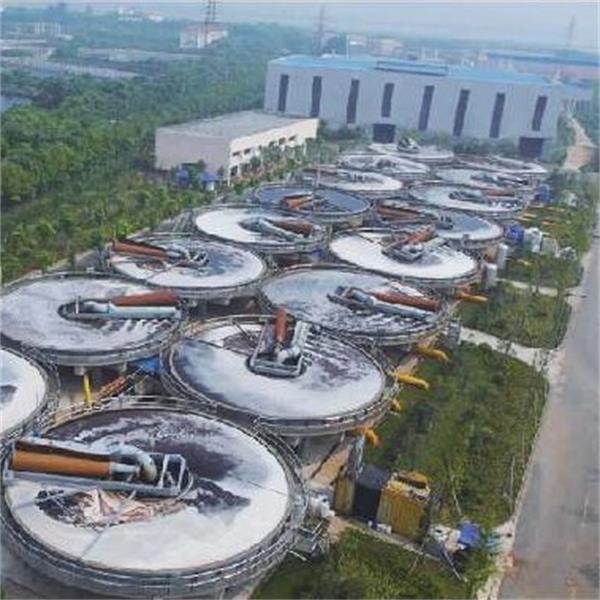Register for a free basic membership to enjoy up to 5 free articles per month.
The district administration in Dindigul, a leading textile hub in Tamil Nadu, is taking up a feasibility study along with various stakeholders. This effort is supposed to support the treatment of wastewater from tanneries, textile dyeing units and from within the Corporation limits. Domestic Mbr Wastewater Treatment

The technical committee comprises nine members including Chief Scientists from the Chennai-based Central Leather Research Institute (CLRI), Nagpur-based National Environmental Engineering Research Institute (NEERI) and Karaikudi-based Central Electrochemical Research Institute (CECRI).
There are reports that the proposed ‘Integrated Combined Effluent Management’ project envisions combining to treat wastewater from tanneries in Dindigul, textile dyeing units in Chinnalapatti and out of Corporation through the existing Common Effluent Treatment Plant (CETP).
P. Shanmugam, Chief Scientist, CLRI and the Committee’s Chairman said, “This is the first time such an integration of a multi-industry treatment plant is being tested out in the country. The feasibility study will help us know the possibility and limitations of the model in the Indian context as it is functional in a few foreign countries.”
The project aims to bring down the cost of treating industry effluents as it will be a ‘centralised’ treatment plant which will adopt Zero Liquid Discharge Technology.
The existing CETP treats 2.5 million litres per day mld of industrial effluent from tanneries. While treated sewage water from the Corporation is 5 mld and the proposed quantity of effluent from textile dyeing units stands at 0.4 mld.
Dindigul was chosen to test this out due to its availability of such heavy industries within close proximity. It will also ensure a responsible and environmental-friendly way of treating industrial effluents. A total of 49 tanneries treat its waste in the CETP while the proposed plant would add a total of 31 textile dyeing units.
Your email address will not be published. Required fields are marked *
Save my name, email, and website in this browser for the next time I comment.

Domestic Mbr Wastewater Treatment Stay updated on your topics of interest with our handpicked news and articles